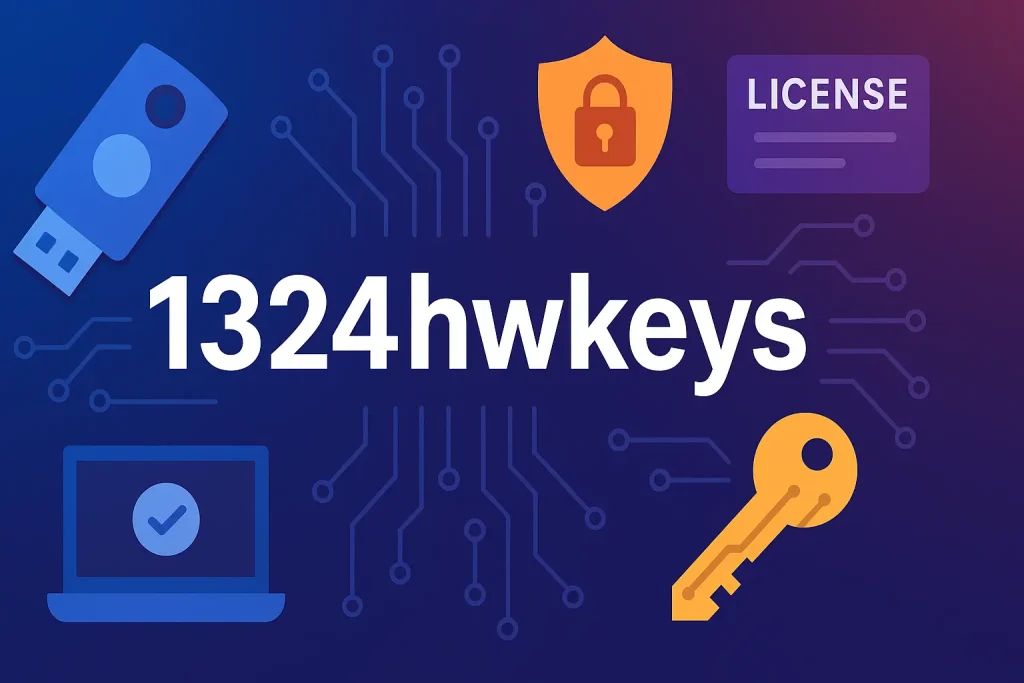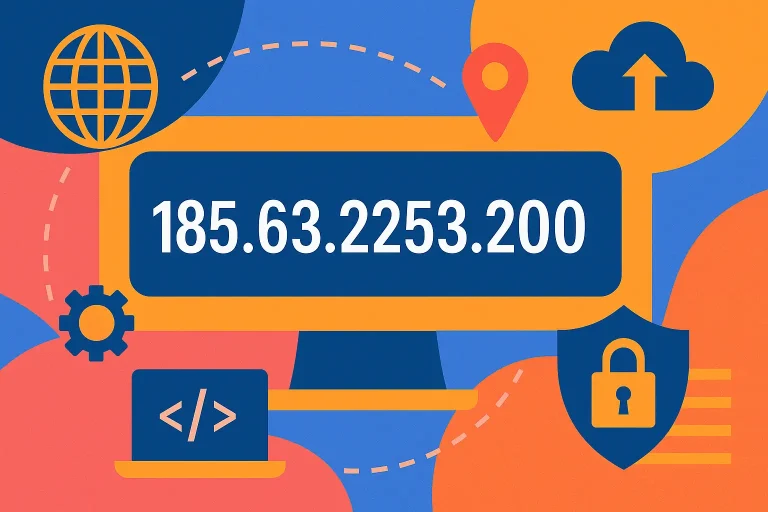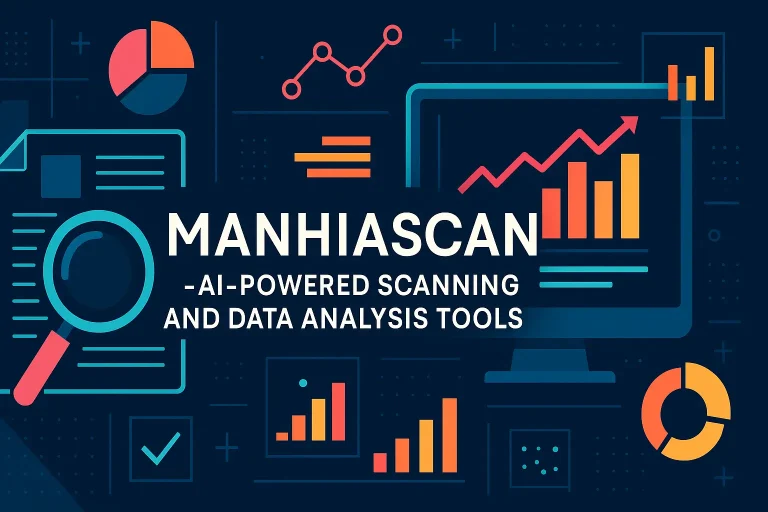
In today’s hyper-connected world, securing digital assets has never been more crucial. With rising threats of cyberattacks, data breaches, and software piracy, organizations are shifting toward more advanced and dependable security solutions. One such innovation is the emergence of 1324hwkeys—a game-changer in hardware-based authentication and software licensing systems. These hardware security keys combine cutting-edge encryption with physical access controls to protect critical systems and data.
Whether you’re a business owner, IT manager, or tech-savvy individual, 1324hwkeys represent the gold standard of modern digital security. In this comprehensive guide, we’ll explore their functionality, benefits, real-world applications, and why they matter more than ever in 2025.
What Are 1324hwkeys and Why Are They Important in 2025?
1324hwkeys are hardware security keys designed to provide tamper-resistant authentication and secure access control for digital environments. Unlike traditional software activation keys, these tokens reside on a physical device such as a USB stick, requiring both possession and identity verification. They’re increasingly used in securing everything from cloud logins to encrypted files.
In 2025, the demand for strong hardware-based protection has skyrocketed due to the rise of IoT, remote work, and AI-powered systems. As threats grow more sophisticated, 1324hwkeys ensure that access to sensitive systems is granted only to authorized users, significantly minimizing the risk of compromise.
The Evolution of Hardware Keys: From Mechanical to 1324hwkeys
Security keys have evolved dramatically. From mechanical locks and magnetic cards to digital tokens and cryptographic keys, the journey of hardware licensing keys has been transformative. Initially used for physical security, hardware keys today are critical in managing digital rights management (DRM) and license enforcement tools.
1324hwkeys represent the culmination of decades of innovation in physical authentication devices. Brands like Yubico (YubiKey), RSA SecurID, and Google Titan Security Key have paved the way. Today’s hardware keys integrate with platforms such as Microsoft Windows Activation, BitLocker, and Intel Management Engine to provide comprehensive protection.
Also Read: https://gossipsmag.co.uk/ssbb-f-pokeballs-switch-modifier/
Core Features That Define 1324hwkeys Security
- Device-Level Encryption
- Two-Factor and Multi-Factor Authentication
- Physical Tamper Resistance
- FIDO Alliance Certification
- Cross-Platform Compatibility (USB-A/USB-C/Bluetooth/NFC)
- Plug-and-Play Functionality
- Public Key Infrastructure (PKI) Support
These features ensure that 1324hwkeys meet the highest standards for secure identity verification and access control, delivering peace of mind for enterprises and individuals alike.
How 1324hwkeys Work: Behind-the-Scenes Technology
- When connected to a system, the key generates a digital signature using a private cryptographic key.
- The signature is validated by the system using a corresponding public key (PKI).
- Additional verification can be added using biometrics, a PIN, or a secondary device.
- The token cannot be duplicated, offering anti-piracy protection for licensed software.
- Works offline and is immune to phishing, making it more secure than password-only authentication.
This technology enables true hardware key authentication, providing a seamless yet secure login or software activation experience.
1324hwkeys vs. Software Keys: Which Is More Secure?
Traditional software activation keys can be hacked, copied, or cracked. With 1324 key generators widely available online, pirates can bypass digital restrictions. In contrast, 1324hwkeys provide hardware-enforced encryption, meaning the key must physically be present to authenticate.
Hardware keys also resist common attack vectors like malware, phishing, and keylogging. They support two-factor authentication (2FA) and cannot be transferred electronically, making them ideal for high-security applications.
Use Cases of 1324hwkeys in the Real World
From healthcare to banking, 1324hwkeys are being used in every industry where security is paramount. Hospitals use them to restrict access to electronic health records. Financial institutions leverage them for multi-factor login systems to secure sensitive accounts.
Developers and software companies also rely on these keys for license enforcement, ensuring that only paying customers can activate and use their software. The rise of remote workforces has further driven adoption, as organizations aim to secure access across global teams.
Industry Applications of 1324hwkeys You Didn’t Know About
In the defense and aerospace industries, 1324hwkeys are used to protect confidential project data. In legal services, law firms rely on them to guard case files and client records. Even the education sector uses them to protect digital learning platforms.
The Thales Group, a global cybersecurity leader, has integrated 1324hwkeys into its secure infrastructure solutions. AuthenTec, a pioneer in biometric hardware, now collaborates with key manufacturers to build multi-modal authentication devices.
Benefits of Using 1324hwkeys for Digital Protection
- Tamper-Resistant Design
- Prevents Unauthorized Access
- Compatible With Major Platforms
- Supports Secure Remote Work
- Improves Compliance With Data Protection Laws
- Easy to Use and Manage
These advantages make them a top choice for companies seeking to enhance digital key authentication and security protocols.
Risks and Limitations of Relying on 1324hwkeys
- Lost or Misplaced Keys Can Cause Downtime
- Initial Cost of Implementation
- User Training May Be Required
- Compatibility Issues With Older Systems
- Requires Physical Access for Setup
Despite these concerns, most organizations find the security benefits far outweigh the risks.
Top Brands and Manufacturers Creating 1324hwkeys
- Yubico (YubiKey)
- RSA SecurID
- Google Titan Security Key
- Thales Group
- AuthenTec
- SoloKeys
These industry leaders are setting the benchmark for secure, user-friendly authentication tokens.
How to Choose the Right 1324hwkey for Your Needs
Consider your organization’s size, the types of systems you need to secure, and your compliance requirements. For remote teams, look for keys with Bluetooth or NFC. For enterprise environments, choose ones with PKI integration and multi-user management tools.
Security experts recommend testing multiple models before full deployment. Compatibility with USB-C and USB-A ports is also a key consideration.
Troubleshooting Common Issues with 1324hwkeys
If your key isn’t working, verify that your operating system supports it. Ensure you’ve installed any required drivers or apps. If you’re experiencing activation errors, check your license status or authentication server.
In some cases, firmware updates may be necessary. Most manufacturers offer detailed guides or support portals to assist with troubleshooting.
Future Trends: Where Are 1324hwkeys Headed Next?
Expect future 1324hwkeys to include biometric authentication, AI-driven access rules, and blockchain-based key verification. As more systems move to the cloud, these devices will also offer remote key management features.
Enhanced compatibility with IoT devices and edge computing environments is also on the horizon. These innovations will make 1324hwkeys more agile, intelligent, and indispensable.
1324hwkeys in the Age of AI, Cloud, and IoT
The convergence of AI, cloud computing, and the Internet of Things presents new security challenges. 1324hwkeys offer an effective solution by enabling zero trust architectures, ensuring every access request is authenticated and authorized.
As smart devices proliferate, 1324hwkeys can secure critical nodes and prevent unauthorized device communication. This is crucial for maintaining integrity across large networks.
How 1324hwkeys Improve Software Licensing and Anti-Piracy
- Bind Software to Physical Tokens
- Prevent Illegal Sharing of License Keys
- Track Legitimate Use via Authentication Logs
- Ensure Compliance With Licensing Agreements
- Offer Offline Activation With Tamper-Proof Mechanisms
These mechanisms empower developers and companies to protect their intellectual property.
The Role of 1324hwkeys in Regulatory Compliance (HIPAA, GDPR)
Regulations like HIPAA and GDPR mandate strict data protection. 1324hwkeys offer secure audit trails, access logs, and encryption protocols that satisfy these legal requirements.
Their role in maintaining compliance-ready infrastructures cannot be overstated, particularly for organizations handling sensitive data.
Comparing Smart Cards, USB Keys, and 1324hwkeys
While smart cards and USB keys have similar goals, 1324hwkeys offer greater durability, better encryption standards, and more intuitive interfaces. They’re also easier to manage in large organizations.
1324hwkeys can be used in multi-device environments and often include support for cloud-native authentication—a feature lacking in older systems.
How 1324hwkeys Enhance Two-Factor and Multi-Factor Authentication
- Combines Possession and Knowledge Factors
- Supports Biometrics, PINs, and OTPs
- Resists Man-in-the-Middle and Phishing Attacks
- Easy to Integrate With MFA Platforms
- Enables Granular Access Controls
Their versatility makes them a perfect addition to any security stack.
Case Studies: Real-World Implementations of 1324hwkeys
A European hospital deployed 1324hwkeys to manage EHR access across departments. The result: improved compliance and reduced breach incidents. A major software company integrated them into its licensing system, cutting piracy by 70%.
Financial institutions report fewer fraud cases and better audit trail clarity after implementing these secure tokens. These success stories underscore their reliability.
How 1324hwkeys Support Zero Trust Security Models
- Verify Every Access Attempt by Default
- No Implicit Trust Within Network Boundaries
- Enforce Least Privilege Access
- Log and Monitor All Authentication Events
- Enable Micro-Segmentation in Networks
1324hwkeys fit naturally into zero trust frameworks, strengthening modern cyber defenses.
Biometric Integration in Next-Gen 1324hwkeys
The future lies in combining hardware tokens with biometric access keys. This fusion offers near-unbreakable authentication. Devices from AuthenTec and others already include fingerprint sensors.
As facial and iris recognition tech matures, expect more compact and powerful security tokens that adapt to users’ preferences.
Blockchain and 1324hwkeys: A Future of Decentralized Access
Blockchain enhances transparency and immutability. When combined with 1324hwkeys, it offers decentralized identity management, preventing credential forgery and misuse.
Users can log into systems or sign documents with a cryptographically verifiable trail, boosting both trust and traceability.
Are 1324hwkeys Right for Small Businesses?
Absolutely. Today’s 1324hwkeys are affordable, user-friendly, and scalable. Small businesses benefit from the same level of protection as enterprises without needing complex infrastructure.
Plus, they help smaller teams meet compliance mandates with minimal overhead.
Customizing and Managing 1324hwkeys in Enterprise Environments
Admins can assign keys per user or role, monitor usage, revoke access, and enable policies for expired or lost tokens. Enterprise suites often include key lifecycle management tools.
Support for remote provisioning, logging, and automatic backup makes managing 1324hwkeys easy even across large, distributed teams.
Expert Tips on Securing, Storing, and Backing Up 1324hwkeys
- Always Keep a Backup Key in a Secure Location
- Register and Label Each Key Clearly
- Use Protective Cases or Key Vaults
- Educate Users on Handling and Misplacement Protocols
- Regularly Audit and Update Key Policies
Following these steps helps maximize security and reduce risk.
FAQs
Q1: Can 1324hwkeys be hacked?
No, they use tamper-resistant designs and cryptography. Unauthorized duplication is nearly impossible.
Q2: What happens if I lose my 1324hwkey?
Admins can revoke access and reassign credentials using backup tokens.
Q3: Do 1324hwkeys work offline?
Yes. Many models support offline authentication for remote or high-security environments.
Q4: Are they compatible with mobile devices?
Yes, via USB-C, NFC, or Bluetooth interfaces.
Final Thoughts
In 2025, 1324hwkeys are not just optional—they’re essential. They combine power, simplicity, and peace of mind in an age where digital threats are relentless. By investing in these next-gen secure USB keys, businesses and individuals alike can unlock a future of resilience, compliance, and confidence.
If you’re ready to upgrade your security posture, 1324hwkeys are your key to a safer tomorrow.


